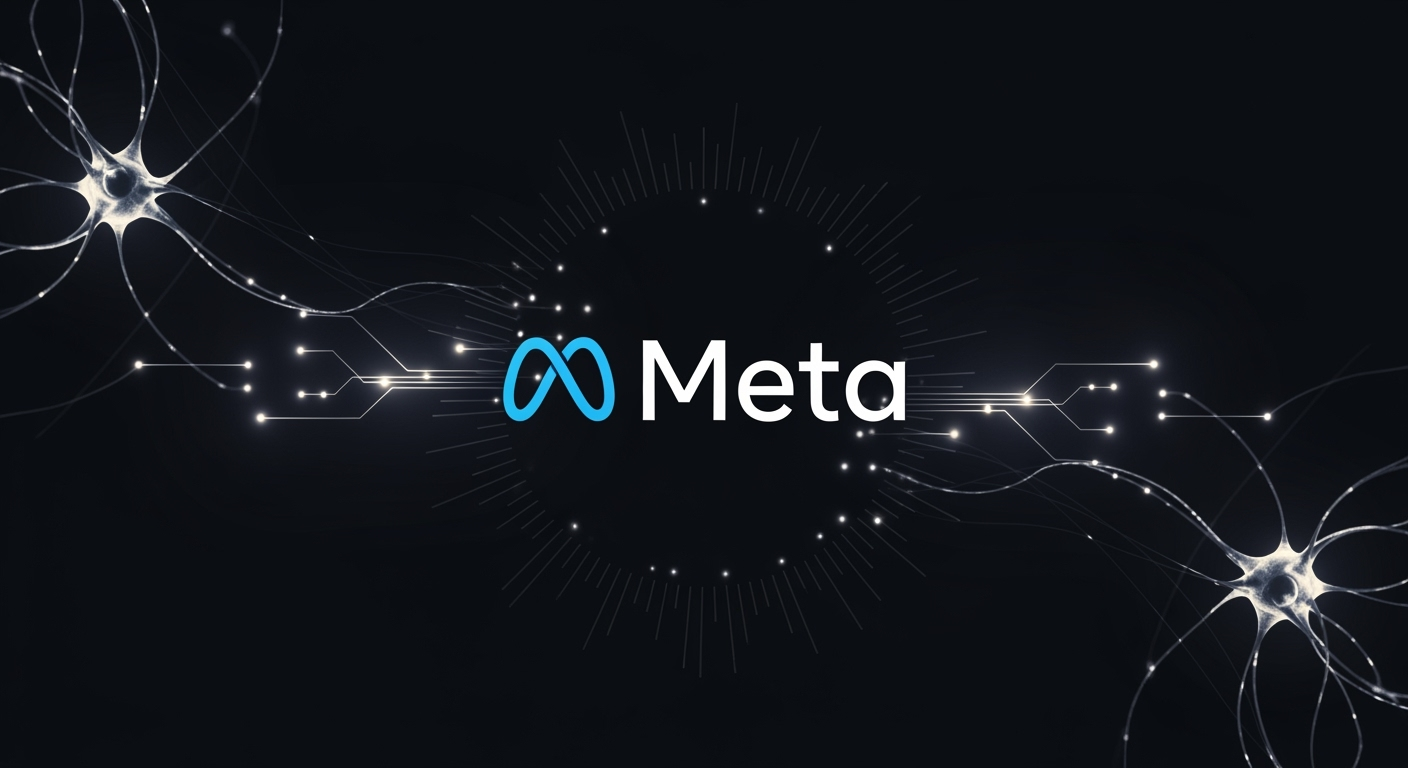Meta Declines to Sign EU’s Voluntary AI Code Ahead of New Regulations

Meta Declines to Sign EU’s Voluntary AI Code Ahead of New Regulations
In a significant move just weeks before new European Union AI regulations take effect, Meta has publicly refused to sign the EU’s voluntary Code of Practice for general-purpose AI (GPAI) models. This decision highlights ongoing tensions between major tech firms and European regulators over the future of AI governance.
Why Did Meta Decline?
Joel Kaplan, Meta’s Chief Global Affairs Officer, announced the decision in a LinkedIn post, stating that the Code introduces "legal uncertainties for model developers, as well as measures which go far beyond the scope of the AI Act." Kaplan criticized the EU’s approach, arguing that it could "throttle the development and deployment of frontier AI models in Europe, and stunt European companies looking to build businesses on top of them."
What Is the EU’s AI Code of Practice?
Published in early July, the EU’s Code of Practice serves as a voluntary framework designed to help companies get ready for compliance with the upcoming AI Act. Key requirements include:
- Regularly updating documentation about AI tools and services
- Ensuring AI models are not trained on pirated content
- Respecting content owners’ requests to exclude their works from training datasets
While non-binding, the Code aims to set best practices for transparency, safety, and respect for intellectual property as AI adoption accelerates across the EU.
The AI Act: A Risk-Based Approach
The EU’s AI Act, scheduled to take effect on August 2, 2025, introduces risk-based regulations for AI applications. The law:
- Bans "unacceptable risk" use cases, such as social scoring and behavioral manipulation
- Sets stricter requirements for "high-risk" applications in sensitive areas like biometrics, education, and employment
- Mandates developers to register AI systems and meet risk and quality management obligations
Companies with general-purpose AI models on the market before August 2, including major players like OpenAI, Anthropic, Google, and Meta, will have until August 2, 2027, to comply fully.
Industry Pushback and the Road Ahead
Meta is not alone in voicing concerns. Other global tech leaders—such as Alphabet, Microsoft, and Mistral AI—have also called for delays and adjustments to the EU’s AI regulatory timeline. Despite these appeals, the European Commission has reaffirmed its commitment to the current schedule, emphasizing the importance of prompt and robust regulation in the fast-evolving AI landscape.
As the EU sets a global precedent for AI regulation, companies operating in the region will face increased scrutiny—and potentially new challenges—in balancing innovation with compliance.





